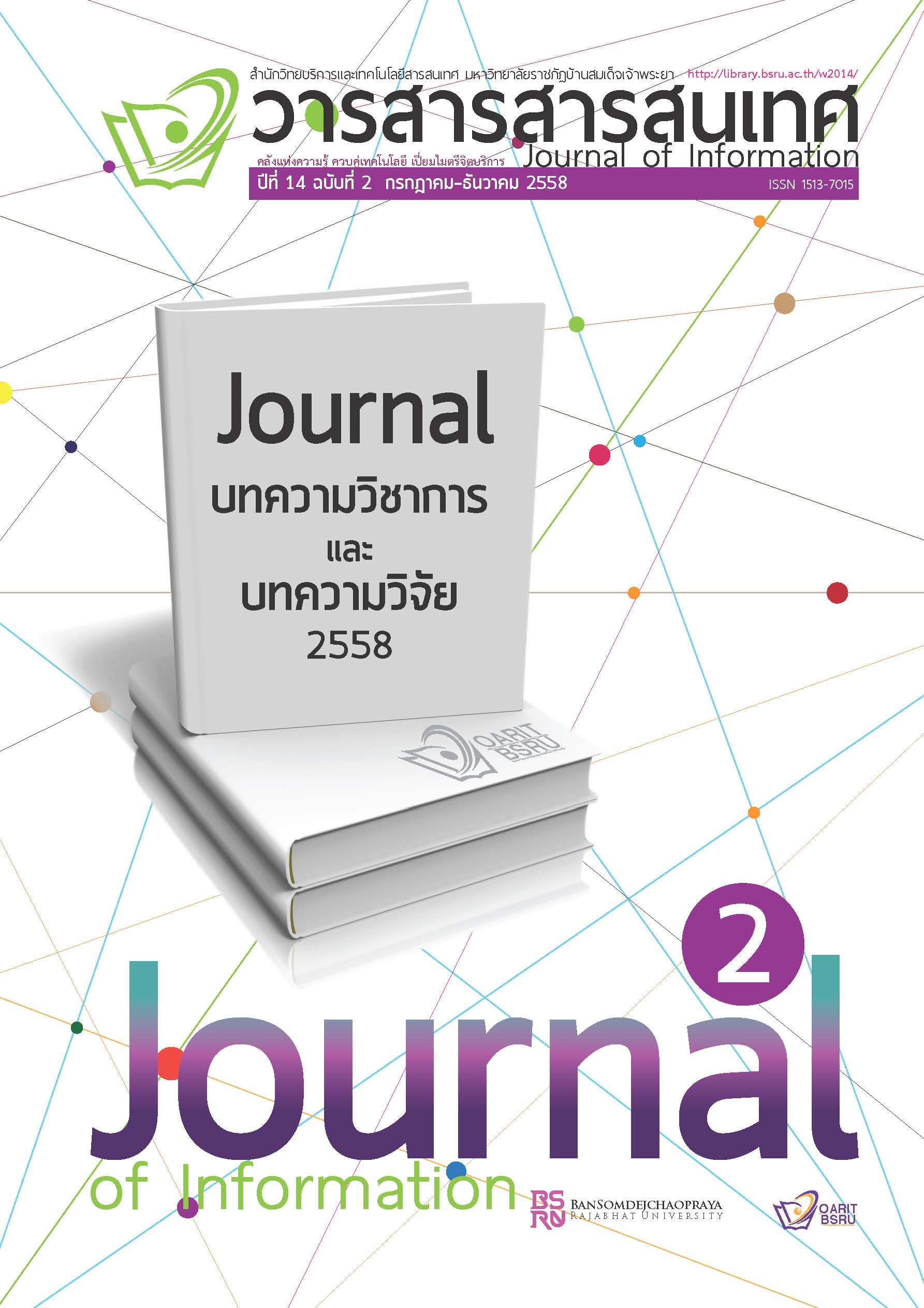การรับรู้ของข้าราชการทหารต่อพระราชบัญญัติกฎอัยการศึก พ.ศ.2457 กรณีศึกษากองพันทหารราบในกองพลทหารราบที่ 9
Keywords:
การรับรู้, กฎอัยการศึก, ความสัมพันธ์, ปัจจัยส่วนบุคคล, ทัศนคติ, ความสนใจ, Perception, Martial Law, Relationship, Personal Factor, Attitude, InterestAbstract
การวิจัยครั้งนี้เป็นการวิจัยเชิงปริมาณ มีวัตถุประสงค์เพื่อศึกษาการรับรู้พระราชบัญญัติกฎอัยการศึกฯของข้าราชการทหารฯ ศึกษาความสัมพันธ์ระหว่างปัจจัยส่วนบุคคลกับระดับการรับรู้พระราชบัญญัติกฎอัยการศึกฯ และศึกษาทัศนคติ ความสนใจ และประสบการณ์ของข้าราชการทหารฯที่มีต่อพระราชบัญญัติกฎอัยการศึกฯโดยใช้แบบสอบถามรวบรวมข้อมูลจากกลุ่มตัวอย่าง จำนวน 330 นาย วิเคราะห์ข้อมูลด้วยการแจกแจงความถี่ ร้อยละ ค่าเฉลี่ย และส่วนเบี่ยงเบนมาตรฐาน วิเคราะห์เปรียบเทียบการรับรู้โดยจำแนกตามปัจจัยส่วนบุคคล ด้วยการวิเคราะห์โดยการทดสอบค่าที (t-test) และการทดสอบความแปรปรวนทางเดียว (One-Way ANOVA)
ผลการวิจัยสรุปได้ว่า การรับรู้พระราชบัญญัติกฎอัยการศึกฯของข้าราชการทหารฯ ในภาพรวมอยู่ในระดับปานกลาง ข้าราชการทหารฯที่มีอายุและอายุรับราชการที่แตกต่างกันมีการรับรู้พระราชบัญญัติกฎอัยการศึกฯในภาพรวมแตกต่างกันที่ระดับนัยสำคัญทางสถิติ 0.05 และข้าราชการทหารฯที่มีสถานภาพสมรส ระดับการศึกษาและระดับชั้นยศแตกต่างกัน มีการรับรู้พระราชบัญญัติกฎอัยการศึกฯในภาพรวมไม่แตกต่างกัน ซึ่งในส่วนของทัศนคติ ความสนใจของข้าราชการทหารฯต่อพระราชบัญญัติกฎอัยการศึกฯในภาพรวมอยู่ในระดับปานกลาง และประสบการณ์ของข้าราชการทหารฯ ต่อพระราชบัญญัติกฎอัยการศึกฯในภาพรวมอยู่ในระดับน้อย
The Perception of the Thai Martial Law by the Military Officers, A Case of Infantry Battalion of the 9th Infantry Division
This research was a quantitative study purposed to explore the perception of the Thai Martial Law by the military officers. The objectives of the study were to establish the perception of the Thai martial law by the Military officers in the Infantry Battalion of the 9th Infantry Division,
to study the relationship between personal factors and perception, to investigate the relationship between attitudes, interests and experiences of the military officers on one hand and the level of perception on the other. Data was collected from 330 officers who were randomly selected from a population of 1866 using a questionnaire and was analyzed and presented in frequencies, percentages, average, and standard deviation. Comparative analysis of perception by classified personal factors was done by a t- test (t-test) and ANOVA (One-Way ANOVA).
The results showed that perception of the Martial Law by officers was moderate. Older Military officers had a different perception of the martial law than the younger ones. There was no significant difference between the perception of the Married military officers and those with a higher education and rank. Officers with more experience in the force had a different perception from that of those with less experience at 0.05 level of significance. The attitude of the military officers toward the Martial Law was average. The interest of the military officers in the Martial Law was moderate and their experience of The Martial Law was low.
Downloads
How to Cite
Issue
Section
License
บทความ ข้อความ ภาพประกอบ และตารางประกอบที่ลงพิมพ์ในวารสารเป็นความคิดเห็นส่วนตัวของผู้นิพนธ์ กองบรรณาธิการไม่จำเป็นต้องเห็นตามเสมอไป และไม่มีส่วนรับผิดชอบใดๆ ถือเป็นความรับผิดชอบของผู้นิพนธ์เพียงผู้เดียว






